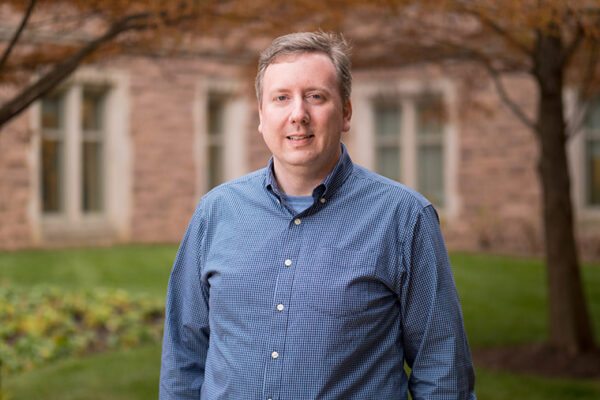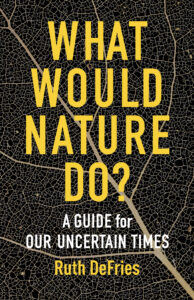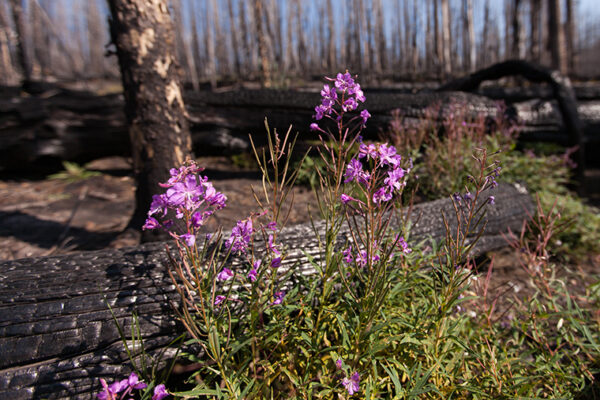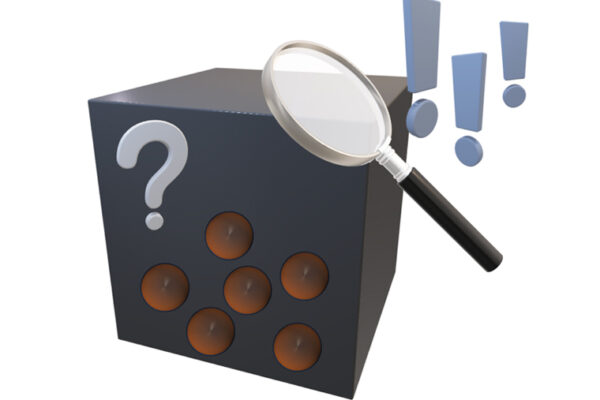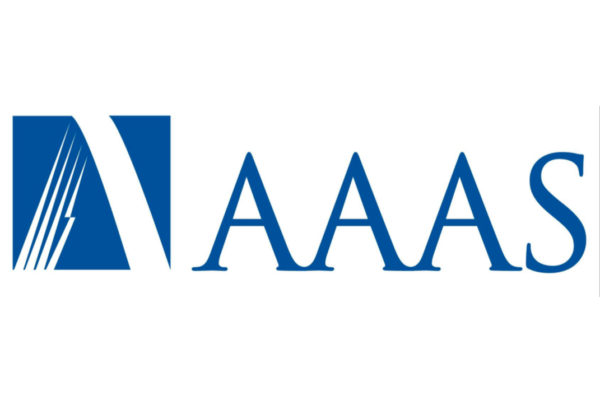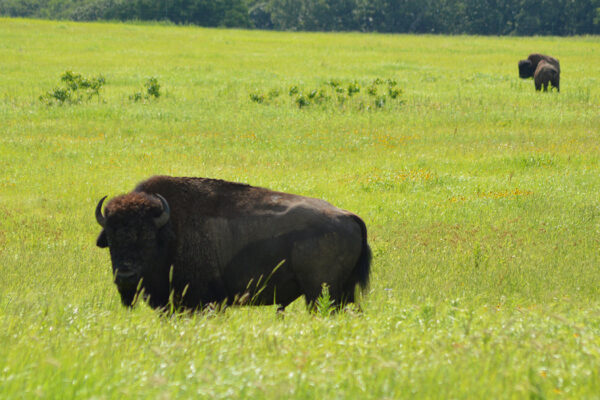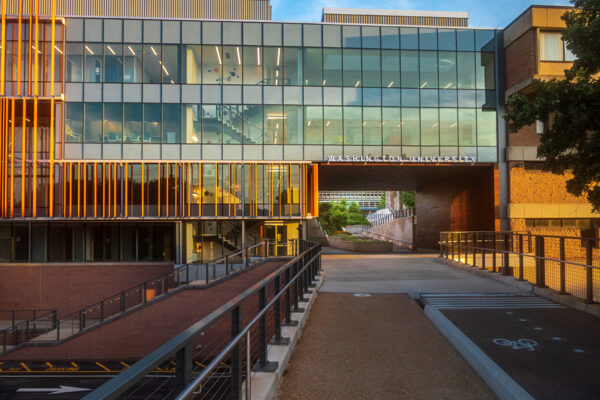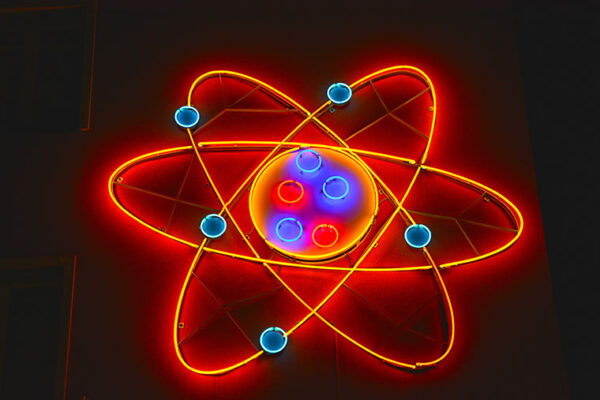Catalano named mineralogical society fellow
Jeff Catalano, professor of earth and planetary sciences in Arts & Sciences, was elected a fellow of the Mineralogical Society of America. The honor recognizes Catalano’s outstanding contributions to the advancement of the fields of mineralogy, crystallography, geochemistry and petrology.
What Would Nature Do?
A Guide for Our Uncertain Times
Exploring the lessons that life on Earth can teach us about coping with complexity, What Would Nature Do? offers timely options for civilization to reorganize for a safe and prosperous future.
New tech can get oxygen, fuel from Mars’ salty water
A new electrolysis system that makes use of briny water could provide astronauts on Mars with life-supporting oxygen and fuel for the ride home, according to engineers at the McKelvey School of Engineering at Washington University in St. Louis, who developed the system.
In fire-prone West, plants need their pollinators — and vice versa
A new study from the northern Rockies explores the role of fire in the finely tuned dance between plants and their pollinators. The research from biologists including Jonathan Myers in Arts & Sciences at Washington University in St. Louis is published Nov. 25 in the Journal of Ecology.
Inside the black box of iron oxide formation
Young-Shin Jun, an engineer at Washington University in St. Louis, has developed a new use for a high-energy X-ray technique that has allowed her the first glimpse at the formation of iron hydroxides on a quartz surface. The implications are sweeping.
AAAS names 7 Washington University faculty as 2020 fellows
Seven faculty members at Washington University in St. Louis are among 489 new fellows selected by the American Association for the Advancement of Science (AAAS), the world’s largest general scientific society.
Stronger memories can help us make sense of future changes
Jeffrey Zacks’s latest research turns on its head some popular beliefs about memory, showing that a failed prediction isn’t simply a failure, but also a cue which can help people update their understanding — as long as they realize their prediction was wrong.
Secrets of the ‘lost crops’ revealed where bison roam
Research from Washington University in St. Louis helps flesh out the origin story for the so-called “lost crops” of the Midwest and Northeast. These plants that may have fed as many Indigenous people as maize, but until the 1930s had been lost to history. Natalie Mueller, assistant professor of archaeology in Arts & Sciences at Washington University in St. Louis, shares evidence that bison were “co-creators” — along with Indigenous peoples — of landscapes of disturbance that gave rise to greater diversity and more agricultural opportunities.
Bryan Hall recognized with 2020 Merit Award in Architecture
The American Institute of Architects St. Louis recognized Washington University in St. Louis’ Bryan Hall with a 2020 Merit Award in Architecture. Bryan Hall had at one time housed office and lab space for the McKelvey School of Engineering. It was transformed into additional research space for the Department of Chemistry in Arts & Sciences.
Solving for nuclear structure in light nuclei
Saori Pastore, assistant professor of physics in Arts & Sciences at Washington University in St. Louis, helps explain what happens in nuclei when they decay, scatter among each other or come into contact with subatomic particles. Her recent paper, “Weak Transitions in Light Nuclei,” published in Frontiers in Physics, contributes to a body of increasingly accurate, descriptive calculations of nuclear structure and reactions.
Older Stories
